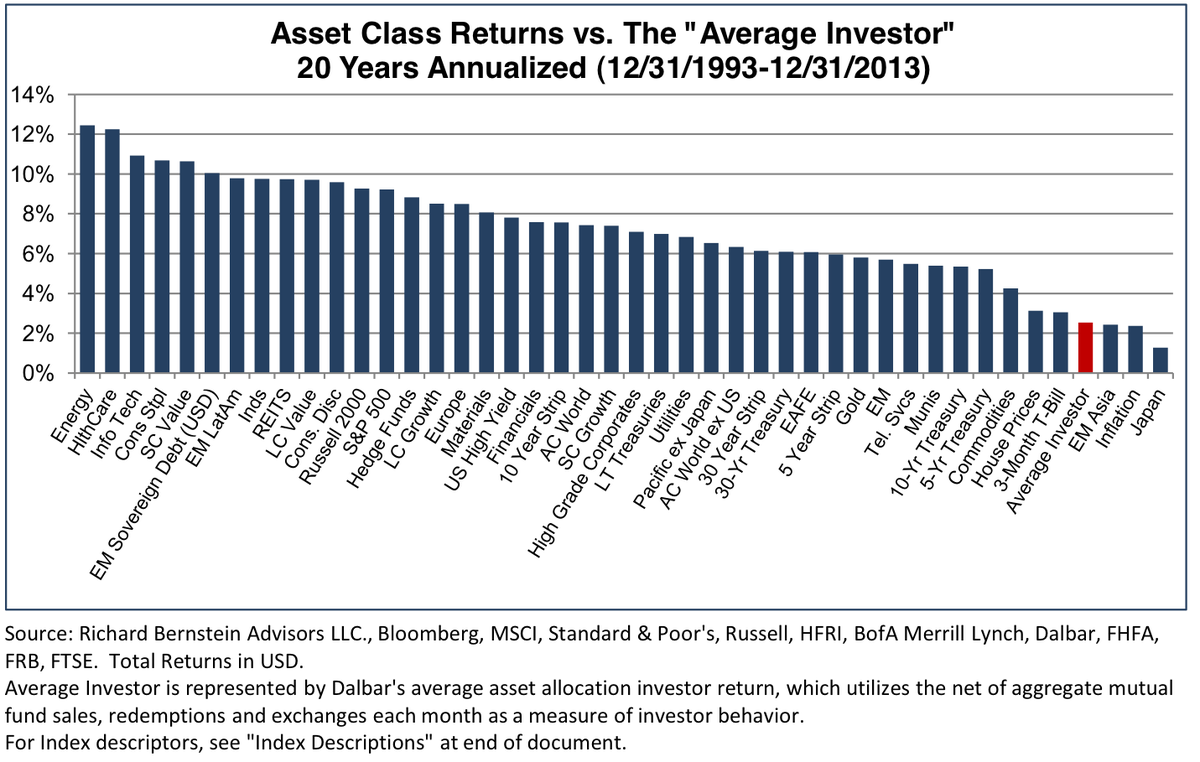krldrummerboy
Recycles dryer sheets
Well, I 've started the switch from Ameriprise to Vanguard. Both sides have been pretty accommodating and Vanguard is being very helpful with their time and resources. For instance, they will convert my Ameriprise Coverdell ESAs to 529 accounts and explained the differences rather than pushing me one way or the other. They don't offer Coverdell accounts, though. I am fine with the 529 for my kids educational savings. Now, I need to liquidate the annuities and transfer the proceeds. Actually, to quote early-retirement posters I should say liquidate my EVIL annuities!
Back to my question: I have been doing my due diligence in regard to how I want to invest going forward. I have decided to do it on my own! One of the things that slows me down is when I want to compare a group of mutual funds or a mock portfolio of investments to try and see the repercussions of different scenarios. I have been using a method I saw on Bogleheads website that uses Morningstar.com: (https://www.bogleheads.org/wiki/How_to_use_Morningstar_growth_charts)
But, I dont think this allows me to save my setups and charts. Starting over everytime is a bit of a pain. I don't really want to pay for something. I dont plan on ever day trading or anything like that.
Thoughts on which tools are good to use?
Also, thoughts on how to go about this accurately? What I mean is what should I compare an invesetment portfolio to? Perhaps compare it to a targeted retirement fund as opposed to the S&P. Dividends and stuff like that may skew the data as well.....
Thanks,
Kevin
Back to my question: I have been doing my due diligence in regard to how I want to invest going forward. I have decided to do it on my own! One of the things that slows me down is when I want to compare a group of mutual funds or a mock portfolio of investments to try and see the repercussions of different scenarios. I have been using a method I saw on Bogleheads website that uses Morningstar.com: (https://www.bogleheads.org/wiki/How_to_use_Morningstar_growth_charts)
But, I dont think this allows me to save my setups and charts. Starting over everytime is a bit of a pain. I don't really want to pay for something. I dont plan on ever day trading or anything like that.
Thoughts on which tools are good to use?
Also, thoughts on how to go about this accurately? What I mean is what should I compare an invesetment portfolio to? Perhaps compare it to a targeted retirement fund as opposed to the S&P. Dividends and stuff like that may skew the data as well.....
Thanks,
Kevin

